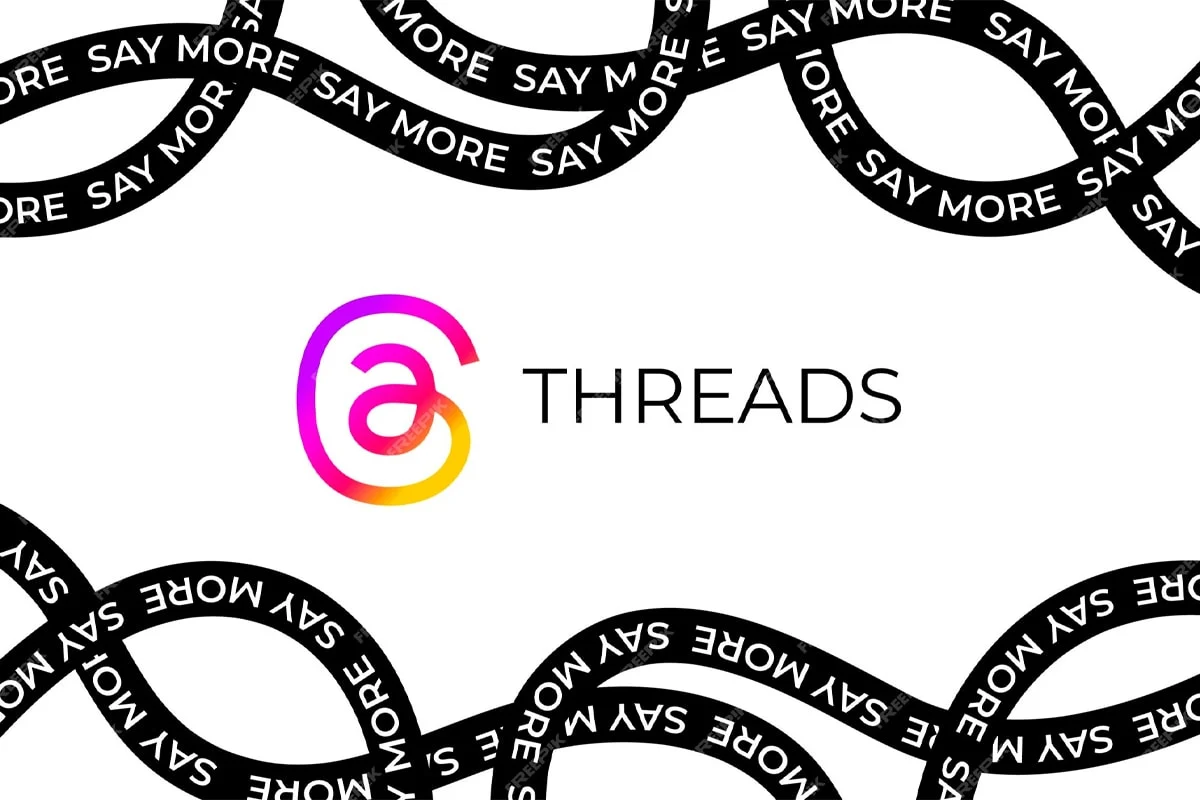Meta’s recent announcement to extend its third-party fact-checking program to Threads, its social networking platform, has sparked both interest and skepticism among users and critics alike. As misinformation continues to plague digital platforms, especially ahead of significant electoral events in the U.S. and India, this move could be seen as an essential step towards maintaining the integrity of online discourse. However, the rollout of the program reveals gaps and raises questions about its effectiveness and user autonomy.
Key Highlights:
- Meta plans to introduce a fact-checking program to Threads, allowing third-party fact-checkers to review and rate misinformation directly on the app.
- Users in the U.S. will have the option to adjust the visibility of fact-checked content in their feeds, mirroring options already available on Facebook and Instagram.
- Features such as the search function and new tagging capabilities could potentially increase the spread of both accurate and misleading information on the platform.
- There are concerns about the program’s specifics, including how misinformation will be labeled and the display of accurate, contextual information.
Media Matters for America reported on the absence of a fact-checking system for original content on Threads, highlighting the platform’s moderation policy gaps and the potential for misinformation to spread unchecked. TechCrunch shared insights from Instagram head Adam Mosseri, emphasizing the intention behind the program to allow fact-checkers to review posts directly on Threads and the strategic decisions to not amplify news content actively. Engadget and NewsBytesApp provided additional context on the program’s implementation and the controls users will have over fact-checked content, pointing out the complexities and unanswered questions regarding the program’s details and its impact on news dissemination on Threads.
The decision to implement a fact-checking program on Threads is timely, considering the platform’s growing user base and the upcoming major elections in the U.S. and India. Adam Mosseri, the head of Instagram, emphasized the importance of this initiative, stating that fact-checkers would soon have the tools to review and rate misinformation directly on the app. This is a significant step forward from the current system, which only matches fact-check ratings from Facebook or Instagram to similar content on Threads.
As Meta prepares to introduce a fact-checking program to its Threads platform, it faces critical scrutiny over its content moderation policies. Unlike its sister platforms, Facebook and Instagram, Threads initially lacked the robust fact-checking mechanisms that Meta has been known for. This gap was highlighted by various media and civil rights groups, which pointed out the potential for misinformation to spread unchecked on the new social network. In response, Meta has announced a plan to integrate its third-party fact-checking program with Threads, a move that is both welcomed and seen as overdue.
The introduction of a fact-checking program to Threads by Meta is a testament to the ongoing struggle digital platforms face in combating misinformation. While the initiative is commendable and necessary, especially in the context of impending elections and the rampant spread of false information, it also underscores the delicate balance between content moderation and freedom of expression. The program’s effectiveness will largely depend on its execution and the company’s ability to address the nuanced challenges of digital misinformation. As Threads ventures into this new territory, the broader implications for digital discourse and the platform’s role in shaping public opinion remain to be seen, highlighting the need for transparency, accountability, and user engagement in the fight against misinformation.




























